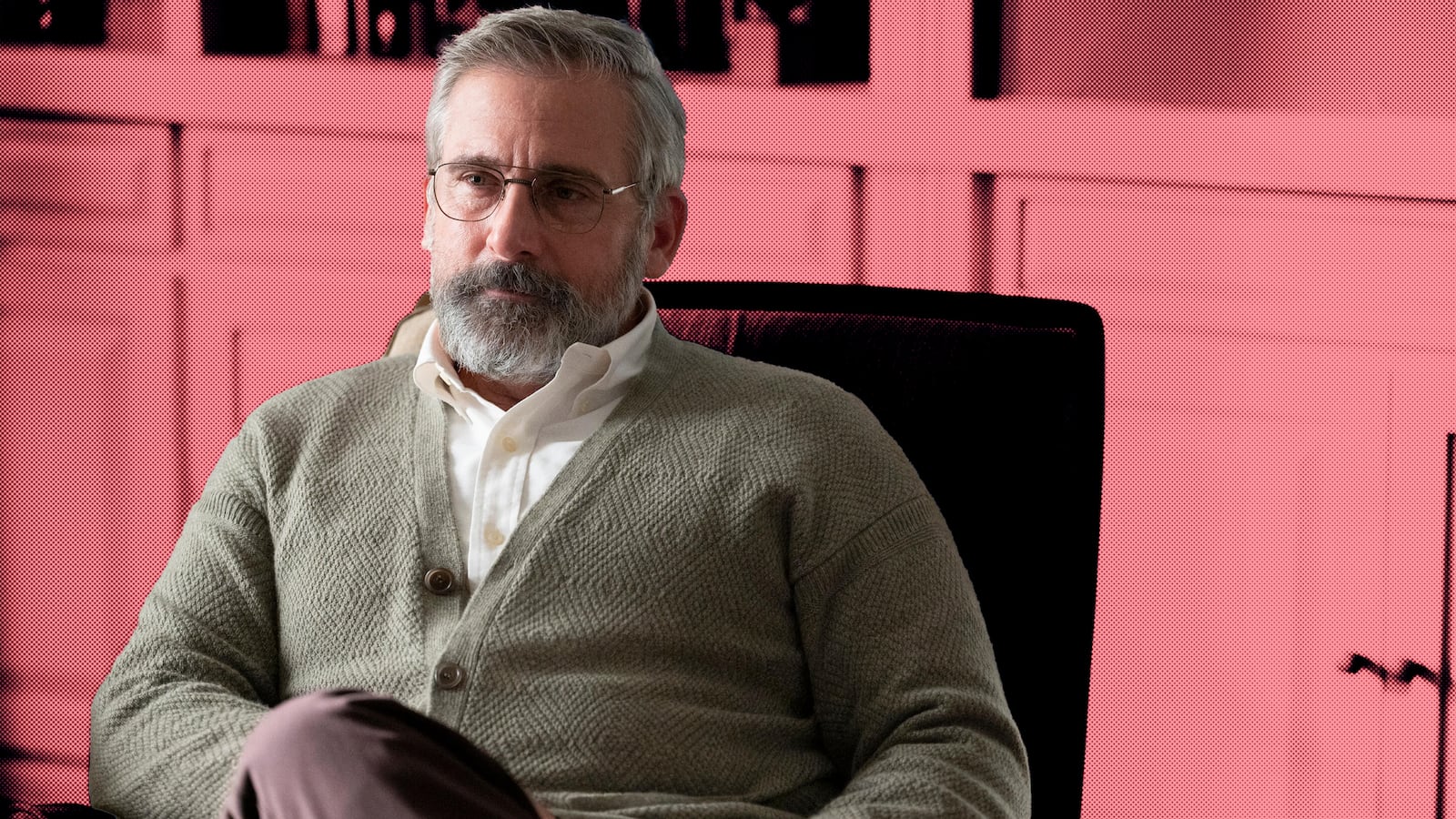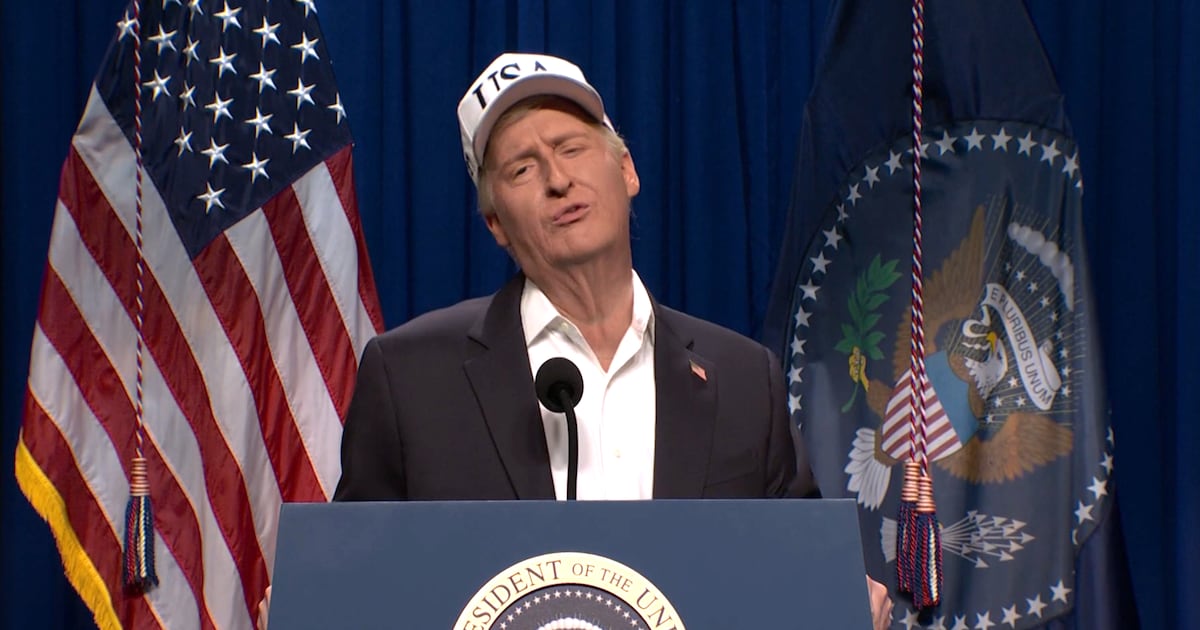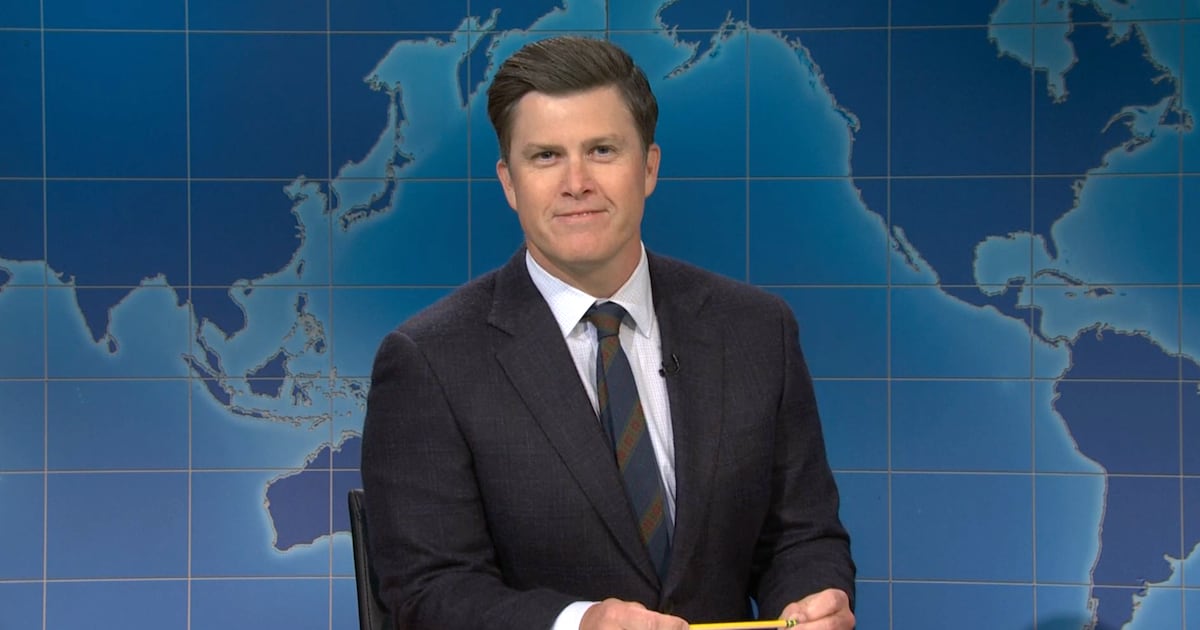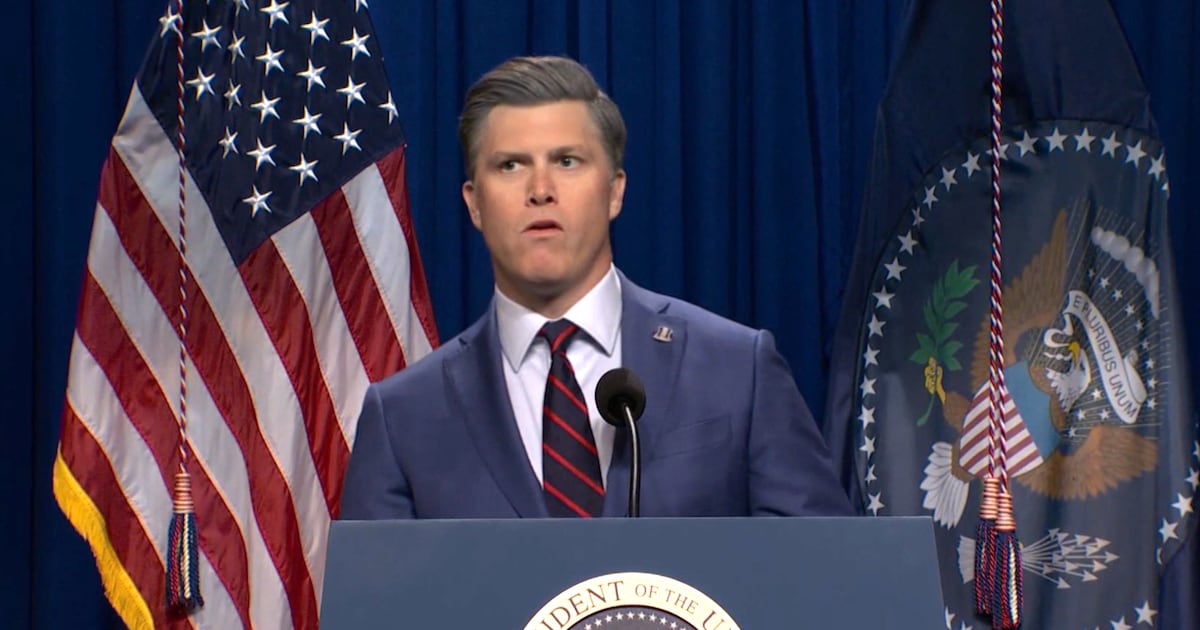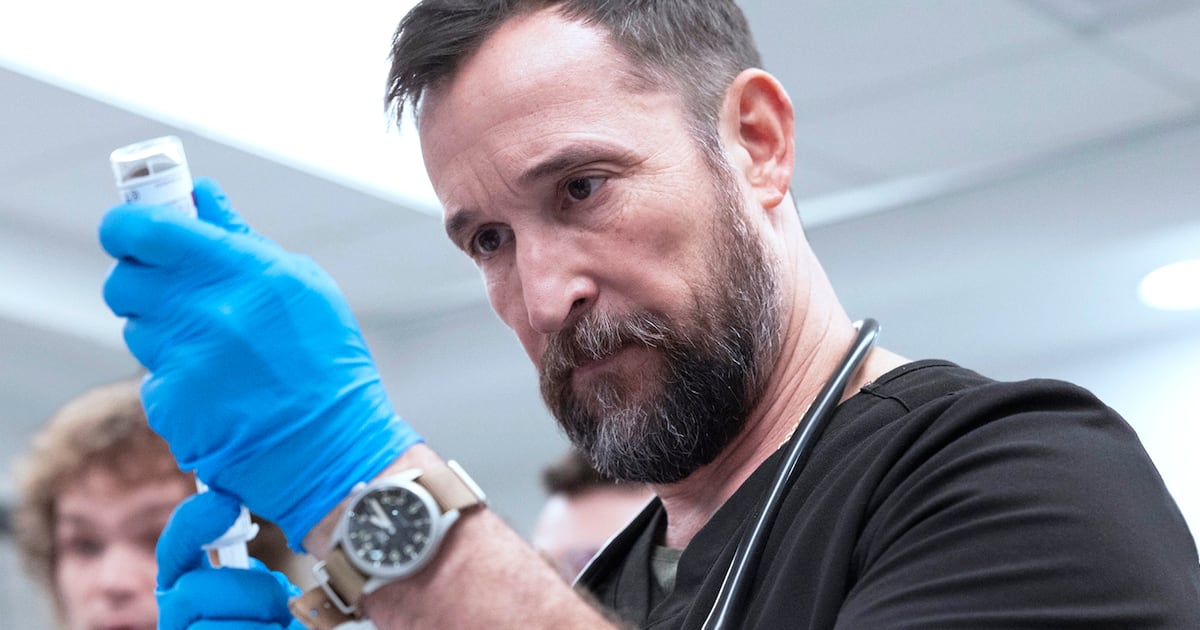This is a preview of our pop culture newsletter The Daily Beast’s Obsessed, written by senior entertainment reporter Kevin Fallon. To receive the full newsletter in your inbox each week, sign up for it here.
It is one of our greatest failings as a nation, a garish blemish on modern society, that Steve Carell never won an Emmy Award for The Office.
There are endless examples of “It’s so outrageous that this performer never won an award!,” but in this case, it is unforgivable. Especially as the series resurged in popularity during the streaming era—suddenly the youths are wearing T-shirts advertising the fictional Dunder Mifflin Paper Company—Carell’s brilliance as Michael Scott has only become more appreciated, and the fact that he doesn’t have an Emmy trophy all the more egregious. (Having something in common with the youths has been entirely unnerving.)
Even just when seconds-long clips and moments from the series show up on TikTok or Instagram Reels, it’s impossible not to laugh hysterically. To be so funny, so unusual, so wacky, and yet still so emotionally grounded, it’s so hard. (That’s what she said.)
This is all to say that it shouldn’t come as a surprise that, in so many roles since Carell’s run on The Office ended, he is often incredible. And yet, at least from my vantage point, there does seem to be shades of amazement each time he is, once again, very good on screen. Case in point: his career-best performance in The Patient. OK, career-best dramatic performance. We just rewatched the “Dinner Party” episode of The Office; nothing is ever topping Michael Scott.
The Patient is, in an almost unfathomable description, as if Misery met In Treatment. In other words, it’s kidnapping meets therapy. Or, “What if Stockholm syndrome was mentally healthy?” The first two episodes premiered this week on FX and are available to stream on Hulu, and they’re riveting. Not since Dr. Melfi and Tony’s sessions on The Sopranos has watching two people talk in therapy left me so terrified.
The premise is that Carell’s Alan Strauss, an accomplished therapist, is kidnapped by one of his patients, played by Domhnall Gleeson. Initially, Gleeson’s character goes by the name of Gene and claims he needs to talk through his childhood trauma. When Alan wakes up dazed and groggy in an unfamiliar bed in a strange house, he discovers that Gene is actually named Sam—and happens to be a serial killer who kidnapped Alan and locked him in a basement in order to talk through those impulses.
On the one hand, it’s relatable. Like, sure, who among us who have been in therapy haven’t wished their analyst was at their constant beck and call? On the other hand, obviously this is deeply disturbing and horrifying to watch, as Alan grapples with the reality of the situation and must make (understandably) stressful decisions about how to handle this whole thing. It’s the best thriller that’s been on TV this year…and it’s about therapy. Who’d have guessed? (It’s from the minds of The Americans creators Joel Fields and Joe Weisberg, so we should have expected it to be surprising, dark, and gripping. But still!)
The series, refreshingly, abandons the trope where the serial killer is brooding, charismatic, and sexually mystifying. (Maybe there are just some characters that don’t need to be sexy!) Sam is certainly captivating, but he’s also pathetic, damaged, delusional, and unappealing—even at the moments when he is slightly empathetic. That you’re able to see him as all of these complex things is because you’re viewing him through Alan’s—and Carell’s—eyes.
Speaking of sexy: Hello, silver-fox-daddy era Steve Carell as a nice man who wants to talk about feelings while wearing sensible cardigans, and all the confusing thoughts accompanying that. But that’s beside the point here. The point is he has a challenging job in The Patient. The series flashes back and forth between Alan’s captive situation and ensuing therapy sessions with Sam—if you can call them that, when he’s being imprisoned against his will—and his life before they met, which happened to be right after Alan’s wife died.
The confidence and assuredness he has in sessions with other former patients is shown in stark contrast to the fear he feels with Sam. He is frightened, which he is tempering as a survival tool. But it is also too visceral to bury. His interactions with Sam are like watching a bomb expert try to dismantle an explosive. Plus, he’s an expert at his job. Despite the outrageousness of the circumstances, he can’t help but to try to work through Sam’s problems. At times, there even seems to be a tenderness between them.
I’m not sure the reason that I’m so struck by how remarkable Carell is in this series is because it’s such a departure from Michael Scott or the comedy work that made him so famous. (Steve Carell, forever on the right side of history for screaming on screen, “Kelly Clarkson!”) After all, he’s almost exclusively done dramatic work since The Office. I think it might be that, even in that space, his career choices have been so unexpected—maybe even strange.

Disguising himself both in prosthetics and with an eerie, breathy voice in an intense performance in 2014’s Foxcatcher was something many people never saw coming—as was the Oscar nod that went with it. His earnestness in dramas like Beautiful Boy and Welcome to Marwen was as committed as his blowhard bloviating in Battle of the Sexes and The Morning Show, a TV series I’m still not sure I’ve watched as much as experienced as an acid trip I was unaware I agreed to go on.
There’s also Gru in the Despicable Me movies, which is just plain fun, and then there’s the Netflix series Space Force, which is noteworthy for how bold it is to star in a comedy series that is not even the least bit funny. And now, we have his great work in The Patient.
It’s hard to pin down who Carell is as an actor, or what a “Steve Carell role” might even be. We love an unpredictable performer. That’s what she said. (I’m sorry.)

